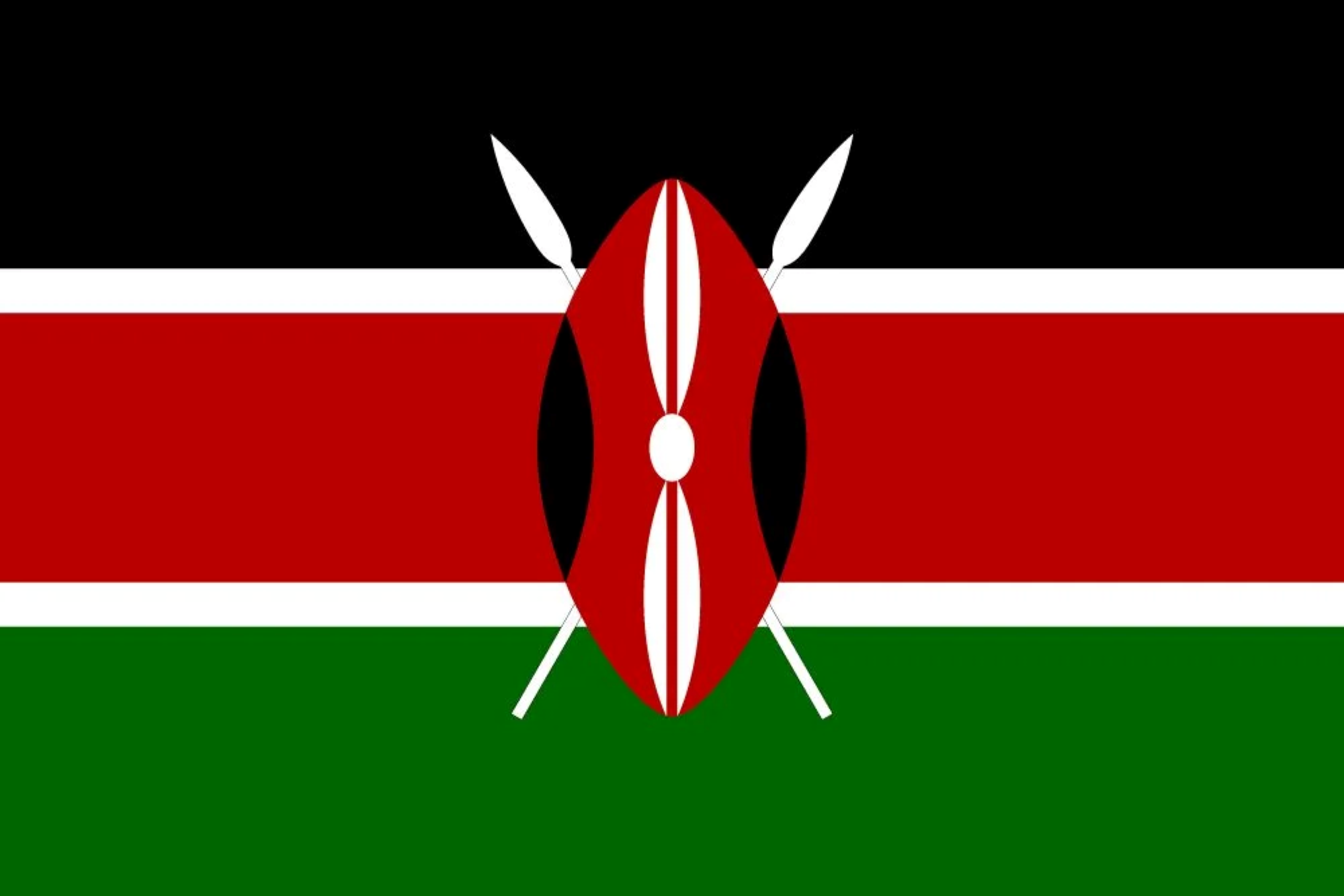
Officially dubbed as the Republic of Kenya, Kenya is a country located in East Africa, bordered by the Indian Ocean to the southeast and surrounded by Tanzania, Uganda, South Sudan, Ethiopia, and Somalia. The country is known for its diverse landscapes, wildlife (home to the 'Big Five'; lion, elephant, buffalo, leopard, and rhinoceros), and cultures, and renowned for its safari tourism, animal reserves like the Maasai Mara and Amboseli, Great Rift Valley, and rich ethnic diversity, which includes more than 40 different ethnic groups.
Its capital, Nairobi, is the largest city in Kenya, and one of the most prominent cities in Africa, politically and economically. The city is known as 'The Green City in the Sun', blends modern urban life with rich natural and cultural heritage, and is home to notable landmarks like the Nairobi National Park, Bomas of Kenya, Karura Forest, and the UNEP headquarters. Nairobi is a major financial and tech hub in Africa, and is part of the 'Silicon Savannah' movement.
Droughts and floods.
Fines for traffic offences in Kenya include the following:
Other offences to keep in mind are:
Also, Kenya requires travellers to obtain a valid visa or Electronic Travel Authorisation (eTA). Overstaying beyond the authorised period carries a sanction fee of ~Ksh6,500 (~£37). If foreign nationals residing in Kenya don’t renew or obtain an 'alien card', there’s a penalty of Ksh10,000 (~£58) per annum, and the cost to replace a lost 'alien card' is Ksh2,000 (~£12). There are also risks of detention, deportation or bans from entering the country (blacklisting) if violating immigration rules.
The official languages of Kenya are Swahili and English, but Bantu, Nilotic and Cushitic languages are also spoken.
Drivers in Kenya drive on the left-hand side. If you’re bringing in or driving a vehicle with foreign number plates, there are permits and customs/tax rules to obtain and follow. There’s typically a temporary import permit, or 'Foreign Motor Vehicle Permit/Form C32' at the border, specifying how long the vehicle may be in Kenya legally. In addition, there has been a recent regulation where right-hand drive vehicles first registered in 2018 or later are allowed for import into Kenya.
The minimum age to drive in Kenya is 18. However, you must be at least 23 years old and have held an valid driving licence for at least 2 years. UK drivers aren't required to have an International Driving Permit (IDP) except for stays longer than three months.
Common petrol grades in Kenya are RON 91, RON 93, RON 95 ('super petrol' or 'premium') depending on the station, with Diesel being available as well. Major towns and along highways have petrol stations from large brands which offer various fuel grades, but quality of stations in more rural or remote areas may vary; limited fuel grades, less frequent deliveries and/or shortages. Many stations are full‑service (attendants will come and pump the fuel), and cash or card may be accepted, but always confirm if cards are accepted in what station you're at.
It's advisable to avoid driving at night due to increased risks.
The legal limit is 0.08%, but due to strict regulations, it is advisable to avoid consuming any alcohol if you are going to be driving.
Mandatory for all passengers and driver.
Children under 10 or under 1.5 meters in height must be in an appropriate child restraint, or sit in the rear seat.
Check out more of our Country Guides: